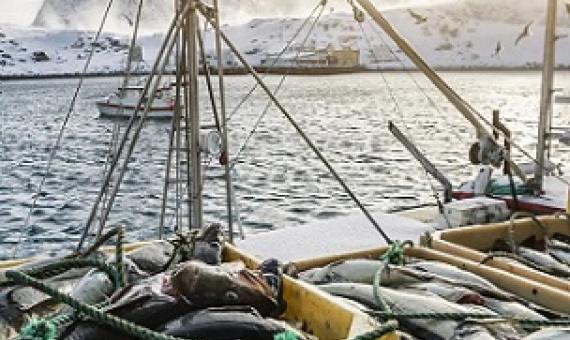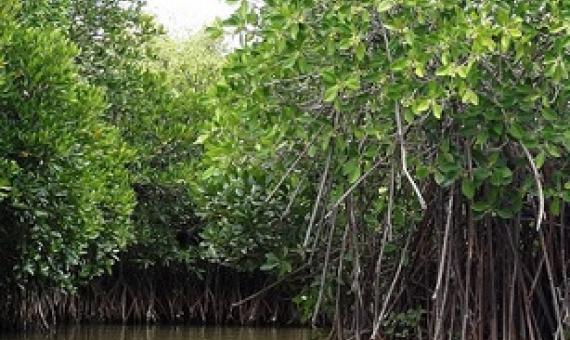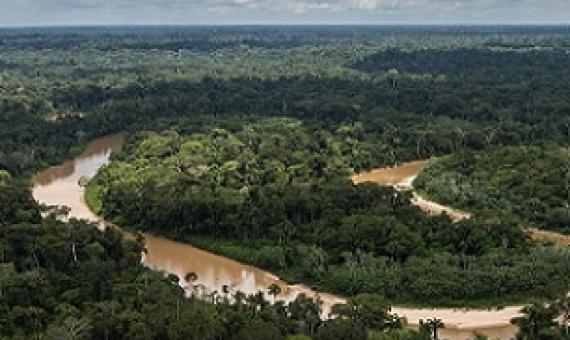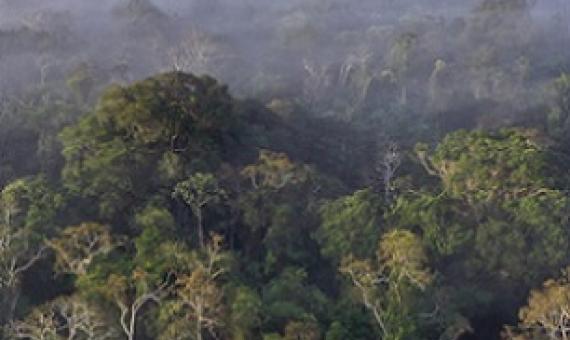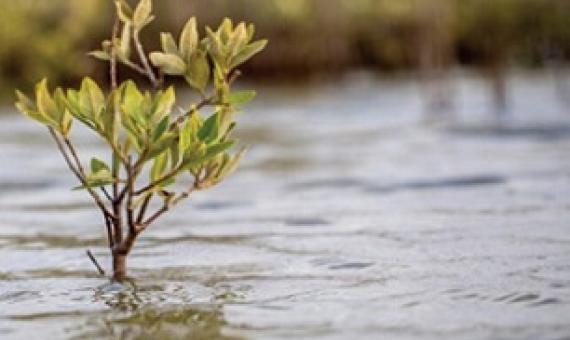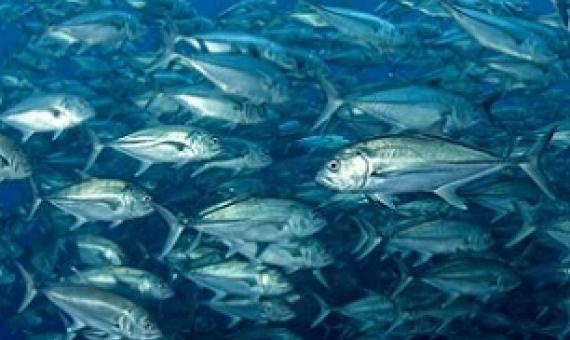The majority of carbon offset schemes are significantly overestimating the levels of deforestation they are preventing, according to a study published in Science.
Tickled by sunlight, life teems at the ocean surface. Yet the influence of any given microbe, plankton, or fish there extends far beyond this upper layer.
The study, published in Scientific Reports, says that mangrove ecosystems have high rates of carbon sequestration which is reflected in their vast aboveground biomass and soil carbon content...Dina Nethisa Rasquinha, lead author of the study...says that the study provides
The finding comes out of an effort to map where vegetation is emitting and soaking up carbon dioxide from the atmosphere...The research found that over the course of those two decades, living woody plants were responsible for more than 80% of the sources and sinks on land, with soil, leaf litter,
New research from James Cook University shows mangroves are doing a lot of the heavy lifting in storing carbon and their importance may increase as climate change impacts increase.
For the first time since scientists recognized the carbon-sequestration power of mangroves, known as blue carbon, the carbon value of a mangrove ecosystem – a 11,000-hectare mangrove forest in Cispata, Colombia – has been fully calculated.
A pair of recent studies show that rising temperatures are shortening the lives of trees in tropical forests and reducing their capacity to absorb carbon dioxide from the atmosphere...Forests play a major role in fighting global warming, but the authors of the recent studies say we shouldn’t be o
New research from West Virginia University biologists shows that trees around the world are consuming more carbon dioxide than previously reported, making forests even more important in regulating the Earth's atmosphere and forever shift how we think about climate change.
High levels of dissolved calcium carbonate present in their bedrock indicate that Red Sea mangroves are capable of removing more carbon than previously thought, KAUST researchers have found.
An international team of scientists has found leaving more big fish in the sea reduces the amount of carbon dioxide (CO2) released into the Earth's atmosphere. When a fish dies in the ocean it sinks to the depths, sequestrating all the carbon it contains with it.


